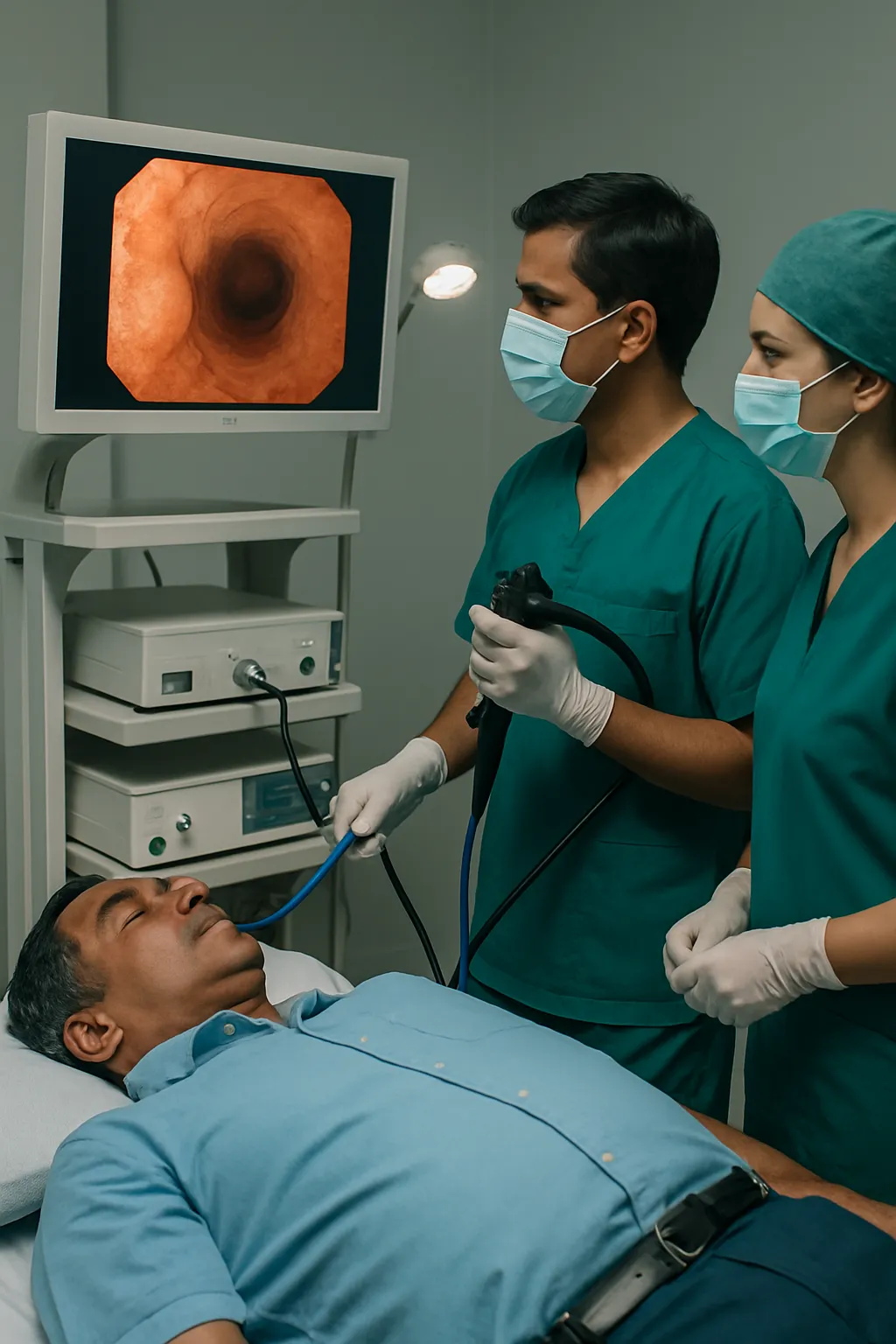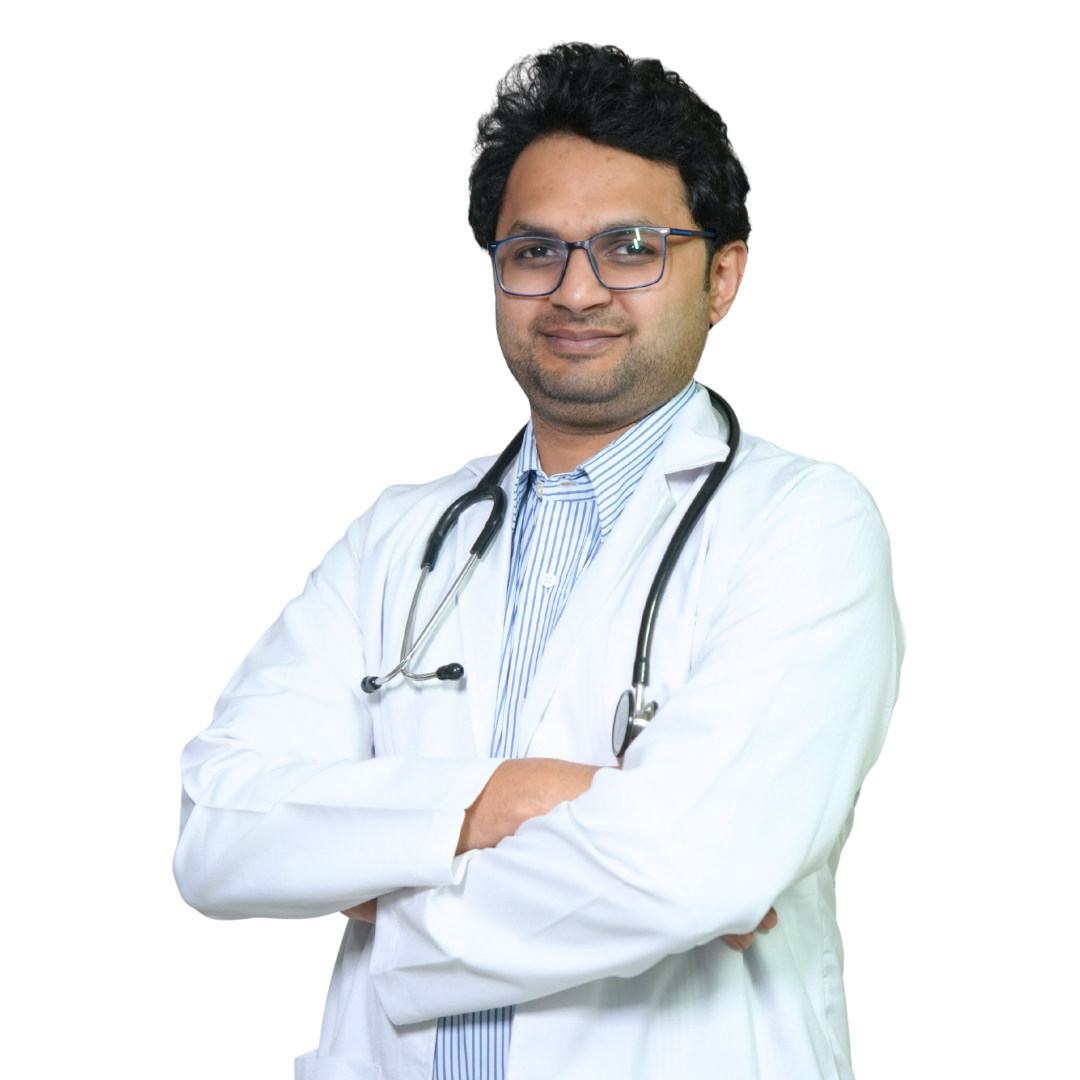- Compassion in every patient. Care in every moment.
What is Medical Gastroenterology?
Medical Gastroenterology is the branch of medicine focused on the diagnosis, medical management, and prevention of disorders of the digestive tract, liver, pancreas, and biliary system. At Mallige Hospital, our gastroenterologists use advanced diagnostics and evidence-based therapies to treat conditions ranging from acid reflux and hepatitis to inflammatory bowel disease and complex liver disorders.

Comprehensive Digestive Care
Medical Gastroenterology
Our Medical Gastroenterology department offers full-spectrum care for digestive health. From routine endoscopic evaluations to advanced liver disease management, we combine cutting-edge technology with personalised treatment plans to optimise outcomes and improve quality of life.
We utilize high-resolution endoscopy, liver elastography, capsule endoscopy, and motility studies to accurately diagnose conditions such as GERD, peptic ulcer disease, hepatitis, cirrhosis, Crohn’s disease, ulcerative colitis, and more.
Supported by a multidisciplinary team—including dietitians, interventional endoscopists, and hepatologists—we ensure seamless continuity of care from diagnosis through long-term management.
Key Services
Upper GI Endoscopy
Colonoscopy
Liver Disease Management
ERCP & EUS
Inflammatory Bowel Disease
Sigmoidoscopy
Polypectomy
Trusted Digestive Care Since 1978
FAQs
How can we help?
Could not find what you are looking for?
Request a Callback

